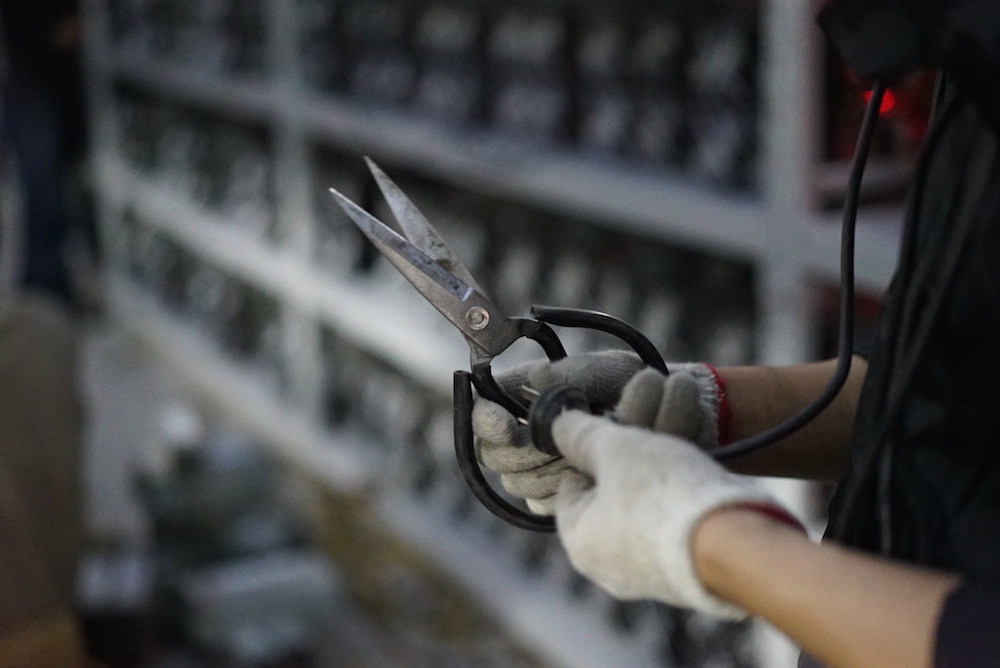Binance-Backed Firm Working to Boost Blockchain Speeds Raises $3 Million

Marlin Protocol has reeled in a $3 million seed round from Binance Labs, Arrington XRP, Electric Capital, NGC and other investors.
The startup, based in San Francisco and Bangalore, India, works to increase network speeds across a variety of blockchains. Throughput constraints – or limitations on how much data can smoothly flow through a network – are seen as a major impediment to widespread blockchain adoption.
Marlin Protocol aims to improve speeds across multiple chains by using what CEO Siddhartha Dutta calls a “bandwidth-sharing marketplace.”
Dutta explained that significant improvements to bandwidth on a blockchain can be made by introducing a subset of new network actors called “relayers.”
“Marlin is a leader in a new class of infrastructure startups in crypto that are blockchain-agnostic and will dramatically increase network performance,” Arrington XRP Capital partner Michael Arrington told CoinDesk. “We are happy to support them.”
Certain blockchains, such as Algorand, already employ relayers, said Dutta. However, the number and comparative cost to attack these relayers are both low.
“The number of relayers in Algorand is in single digits,” Dutta said. “If anyone is able to bribe just those single-digit relayers, you have brought down the network because they’re the ones responsible for all this communication. Now, if every blockchain tries to do this, every blockchain introduces these single points of failure.”
As such, Marlin Protocol aims to introduce a large network of relayers able to secure virtually any blockchain. This would occur alongside more common node activities such as staking and mining.
“Most of the ethereum miners, bitcoin miners or even those professional staking companies, they already have good bandwidth connections,” said Dutta. “All those nodes would be interested in merging mining along with Marlin so that they can also get paid for that bandwidth their spending anyways.”
So far, Marlin says it has partnered with a number of different projects to run its services on private test networks. Partners include WandX, Murmur, Blockcloud, Matic and Holochain.
In two to three months, however, Dutta envisions the launch of a public Marlin testnet. Beyond that, Dutta also mentioned a targeted mainnet launch for sometime in 2020.
“Supercharging network performance solves a major problem across proof-of-work and proof-of-stake blockchains today,” Electric Capital Managing Partner Curtis Spencer told CoinDesk. “And their long-term vision around privacy-preserving packet delivery and decentralization is particularly exciting to us.”
Explaining Marlin’s focus on boosting speeds, Dutta said:
“The project itself is about high-performance networking infrastructure for the decentralized ecosystem. … The faster [nodes] can communicate, the faster you can get things done.”
CEO Siddhartha Dutta image courtesy of Marlin Protocol








